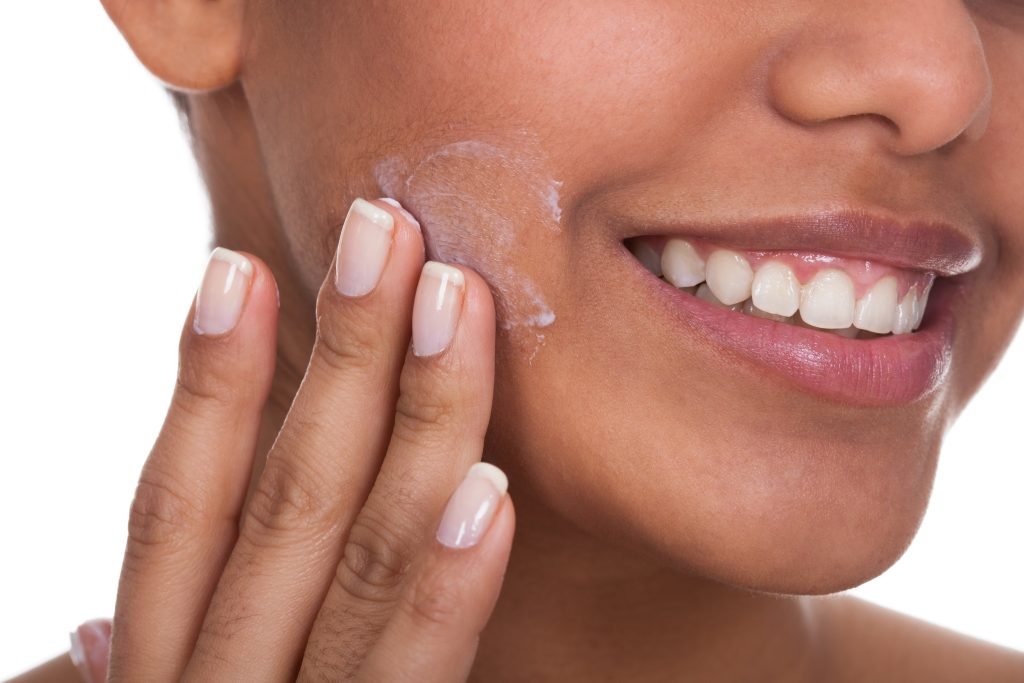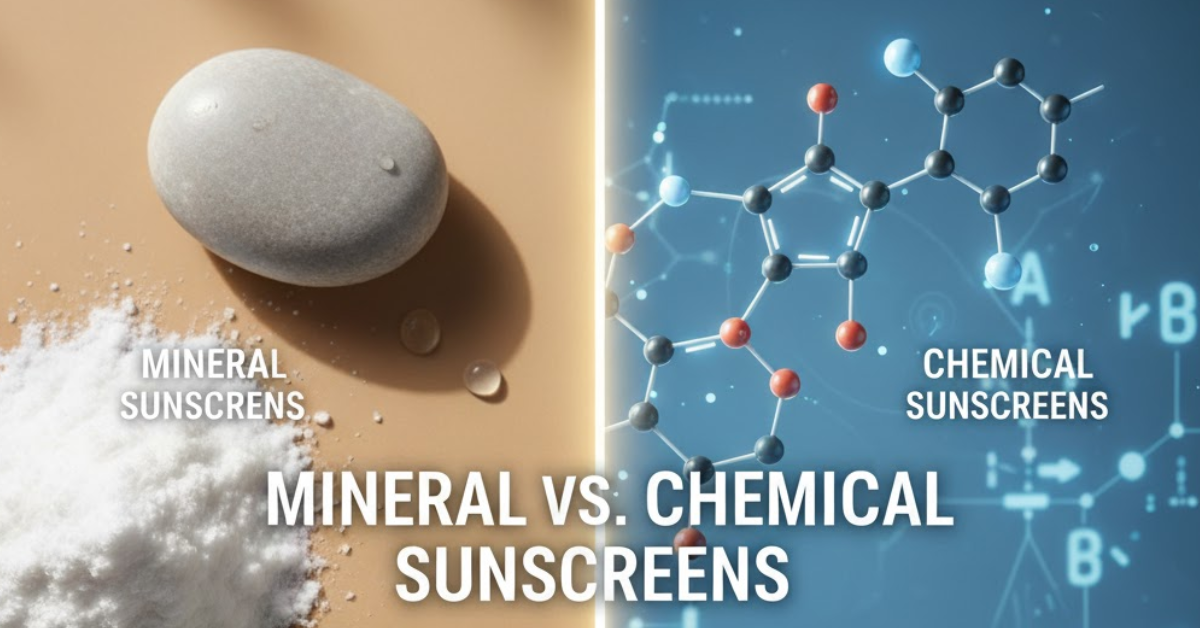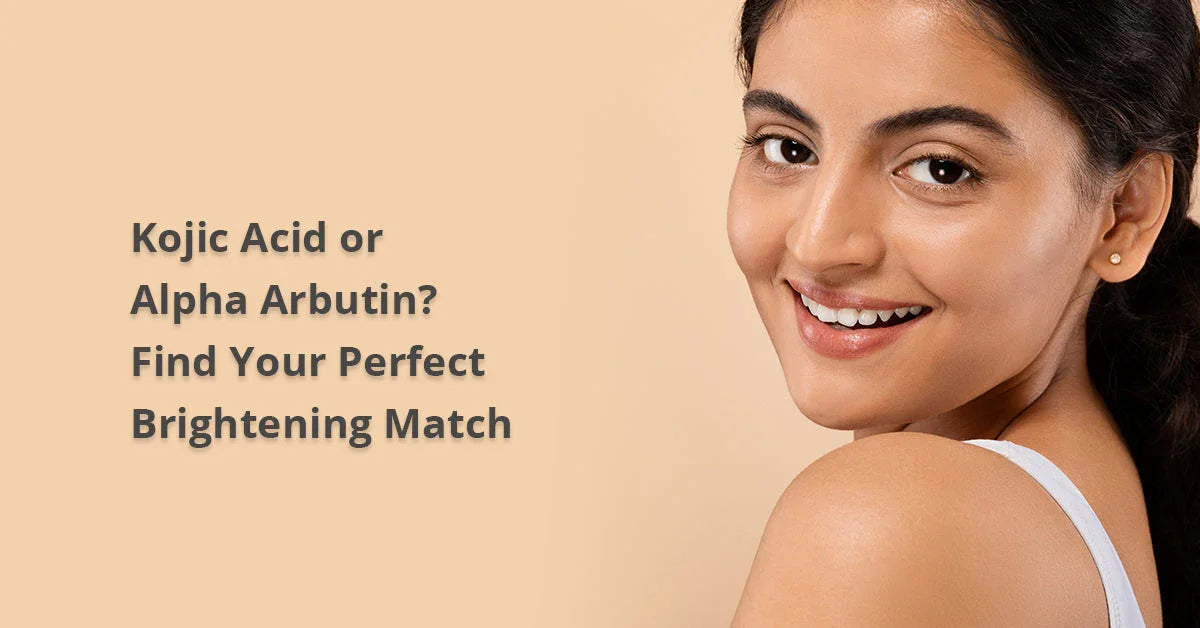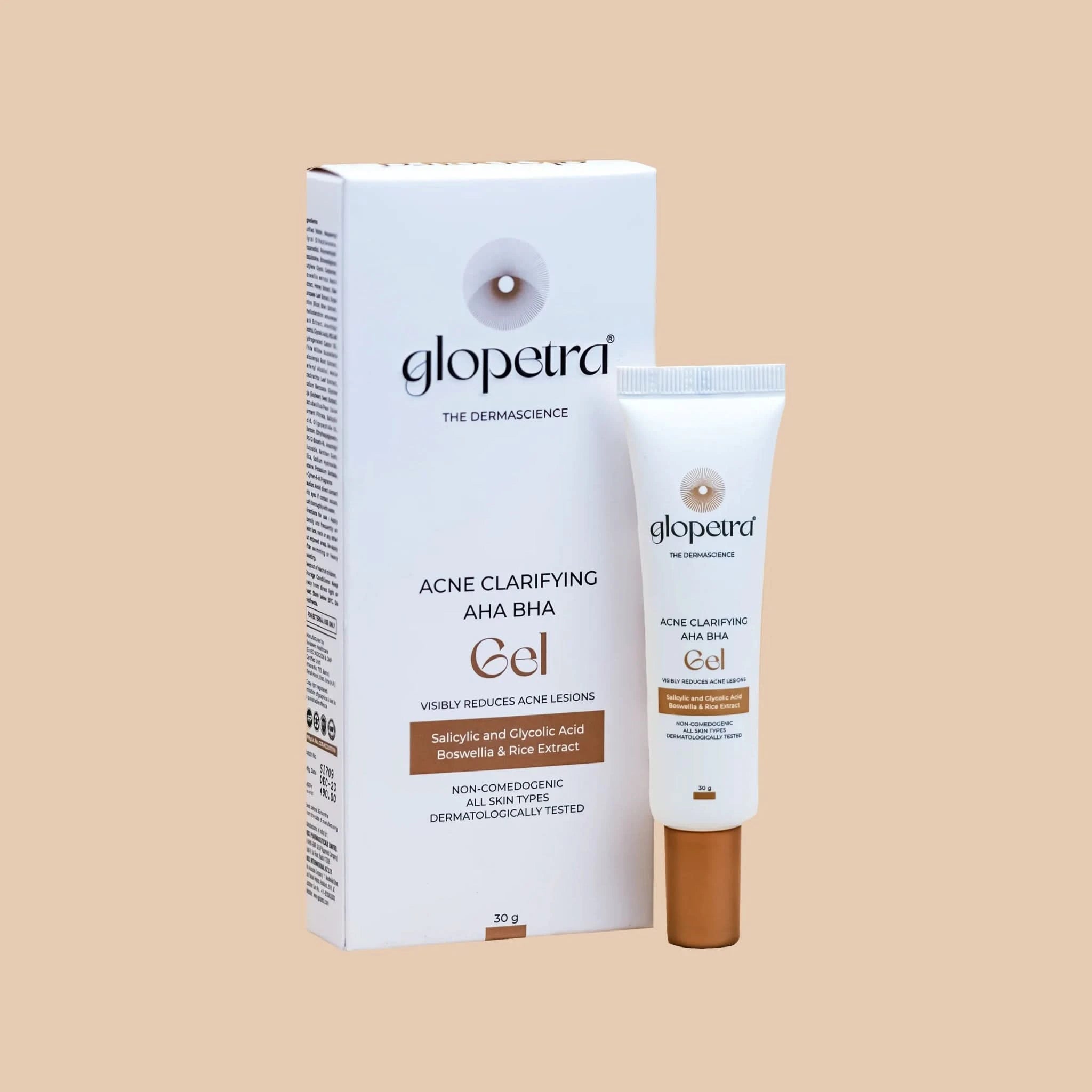
How to Protect Your Skin Barrier with Retinol and Vitamin C
How to Protect Your Skin Barrier with Retinol and Vitamin C
How to Protect Your Skin Barrier with Retinol and Vitamin C- Let’s get into the skin – and not just any skin but that baby skin – fresh from the facial treatment! We have all been there, looking at some pics on Insta, liking all those praiseworthy clear skin selfies, and thinking to ourselves, ‘I want that clear dewy beautiful skin’. Well, who knew? That type of skin can be yours! But here’s the thing, darling; when it comes to getting that glow, you must protect your skin barrier like it is an expensive designer handbag, with compassion, patience, and a sprinkle of fairy dust.The gossipy beauty of today hinges on two words: Vitamin C and Retinol. These are the mother and father of all skin care, however, if abused, your skin barrier may just throw in the towel. You can relax everyone, I am here with the dos and don’ts and all the more. Therefore take out your favorite clay and let me begin explaining how to use these skin heroes while keeping your barrier intact.
For starters, what the thing is the skin barrier?

Retinol and Vitamin C together a goal-
When Retinol and vitamin C work together give the best result but they work in different ways-- Retinol- Retinol a variant of Vitamin A, that a proven miracle for anti-ageing and unclogging pores. It also boosts the collagen booster, smoothens the Fine lines and wrinkles, and gives a fresh look to the skin. But if it is not used carefully, it leads to excessive dry skin. You can try Glopetra’s Retinol 0.2% Anti-ageing serum for better results.
- Vitamin C - Vitamin C is, by contrast, your favourite skin brightener. It is an antioxidant that prevents radical damage to collagen-forming free radicals and assists in the reduction of hyperpigmentation for a radiant look. However, Vitamin C has its instabilities and may also create problems when paired with inappropriate elements. You must try Glopetra's Vitam C serum for Dull skin for better results.
How to give a start to use these products without harming the skin barriers-
- Start it slow and steady-
Tip: Never wear retinol and vitamin C products at once! Use them separately - Vitamin C in the daytime (because it is the ultimate defence against the sun) and retinol in the evening (it causes sun sensitivity to the skin).
- Moisturize Again and again even if there is no dryness
If you happen to apply Vitamin C during the morning, make sure to follow with a sunscreen moisturizer for extra protection. Yes, you heard it – using sun protection is a must, particularly for retinol and Vitamin C. You are counteracting whatever good these products are doing to you when you do not apply an SPF.
- Give your skin a break
- Pay Attention To Your Skin










